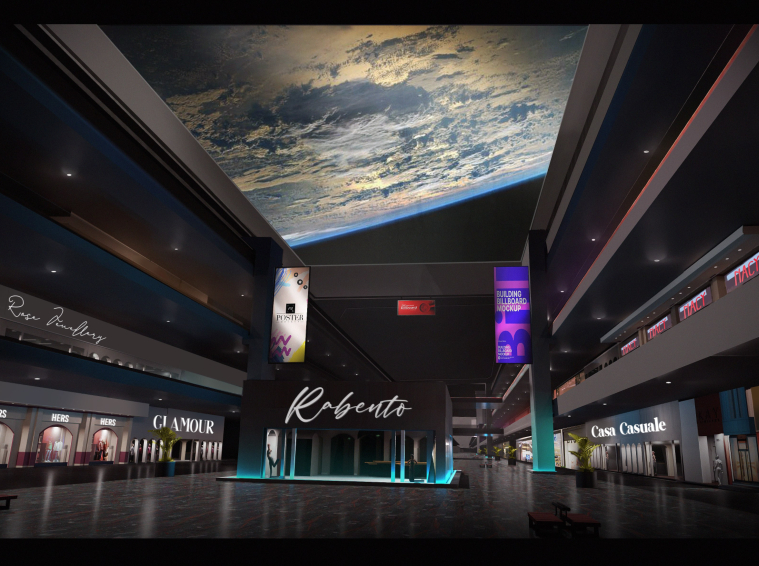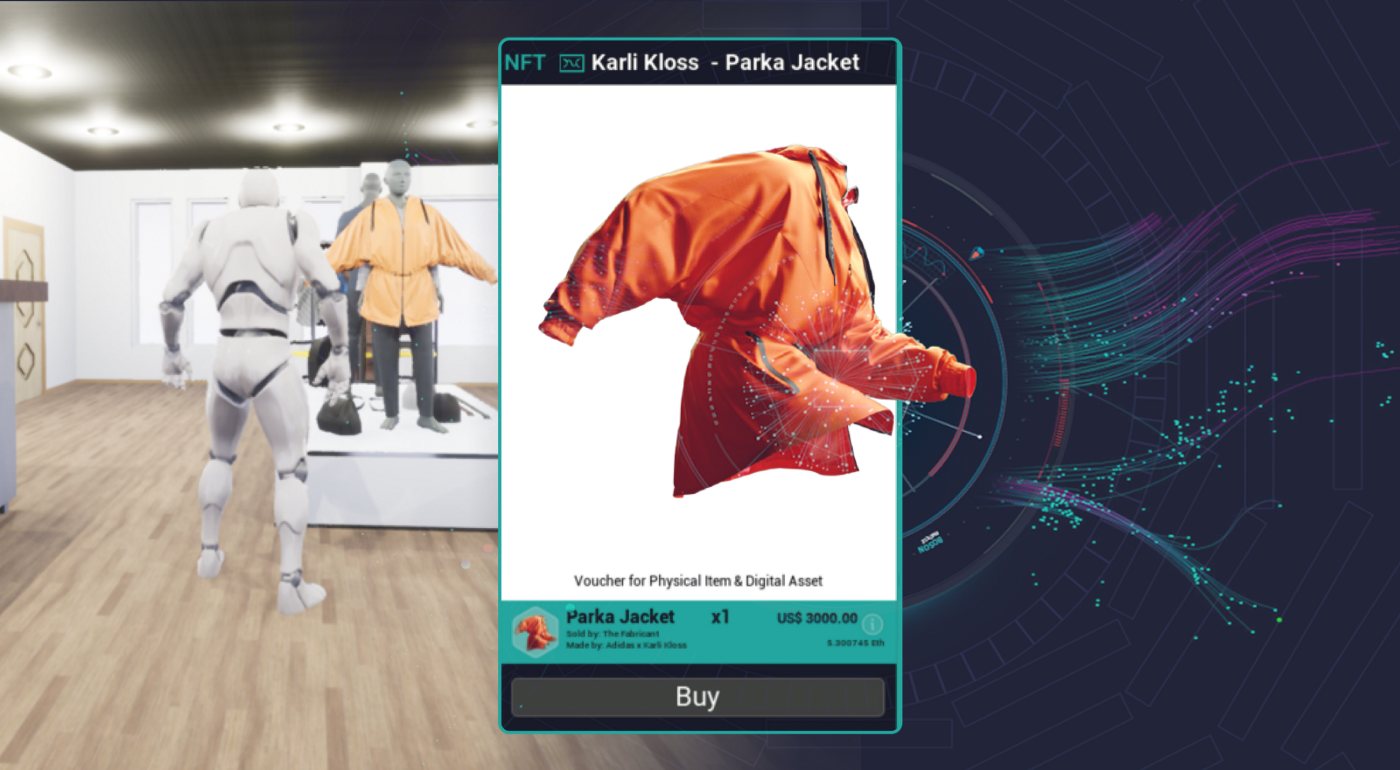Shopping malls have now become a central meeting place and hub of important social interactions between people of different backgrounds and age groups. Now imagine your weekly trip to a mall is replaced with a virtual mall in the metaverse where you can spend hours, meet your friends and interact with them at a cafe in real-time without bothering about booking a cab or getting out of home. A virtual mall is coming soon and it’s becoming a reality, courtesy of metaverse real estate seller Metamall.
“It’s between the physical mall and traditional e-commerce,” Serge Gianchandani, co-founder of Metamall, simplified what he means by a virtual mall in the metaverse. Gianchandani said the idea is to combine what you see on an e-commerce shopping site with a better visual experience, where users can enter a mall in virtual reality and interact with real people.
“It will be more progressive,” Gianchandani told when asked about what would be the physiological impact on consumers when they enter a mall in a virtual space over a local mall they are already familiar with. A virtual shopping centre would become immediately attractive to new age consumers, brands, corporates, or someone who wants to invest in NFTs, or non-fungible tokens.(Image credit: Metamall)
A virtual shopping centre would become immediately attractive to new age consumers, brands, corporates, or someone who wants to invest in NFTs, or non-fungible tokens.(Image credit: Metamall)
Shopping malls emerged as the symbol of Americanisation in the 1950s, becoming the centre of western consumer culture. Then came e-commerce and the rise of Amazon. But retail, as it is known today, is changing. Traditional malls are not dying, but as the conversation in the metaverse starts to gain momentum, a virtual shopping centre would become immediately attractive to new age consumers, brands, corporates, or someone who wants to invest in NFTs, or non-fungible tokens.
Gianchandani’s Metamall, the company he co-founded in 2021, is pitched as a virtual real estate developer that helps users buy real estate in the metaverse. The Metamall, a metaverse shopping center, is a platform built on the Solana, a user-generated, blockchain-based virtual world. “You can buy or lease a space in the Metamall and the location becomes yours,” says Sahan Ray, head of business development at Metamall.
Initially, Metamall will have 20 odd brands, from big anchor stores to leading cosmetic brands when the platform goes live in April. The plan is to increase that count to 200 to 250 brands in the next six months. Ray sees Metamall as a multi-purpose shopping mall that will also include office spaces as well as separate gaming zones. “It’s essentially like a city where you can be a passive investor, own real estate and earn income from it,” he explained. The cost of owning a piece of real estate starts at $225 which is for a 900 square feet space and goes up to $27,000 for a large space. The cost of owning a piece of real estate starts at $225 which is for a 900 square feet space and goes up to $27,000 for a large space.
“We are the developers of the project,” Ray said, adding that the company is going to sell that land but not manage it. “If I had built Age of empire, I would have had rights and licenses to Age of Empires. But since this is a distributed app, there can be 20,000 plots of land and if you buy two of them you have that right in the governance.”
“Each space is an NFT and has a specific number. If you want to sell it, then you need to go to the marketplace. Based on the demand, people will buy and pay for the space,” Gianchandani said. “It’s a code,” Ray added. “If we give that key to someone, and he has the key, he can transfer the key and there is a mechanism in place when we transfer the key to someone. Once that happens, we actually don’t have any right over there anymore,” he explained.
Gianchandani said the potential benefits of setting up a shop or experiential store at Metamall is huge in the long run and if not in the immediate term and brands are aware of it. Because they are not bound by the laws of physics, they are free to experiment with store designs and offer a more unique and immersive experience. Brands are independent to choose design templates on their own, hire a team of engineers and turn shopping into a 3D experience.
Gianchandani admits that those brands who are investing early in metaverse now see it as a more branding and PR exercise, but somewhere they also know that if they get late, it will be a costly affair.
Metaverse real estate sales reached $501 million in 2021, according to MetaMetric Solutions. In fact, sales in January topped $85 million and could reach nearly $1 billion in 2022. Sandbox, Decentraland, Cryptovoxels and Somnium are the top players in this market. Serge Gianchandani is a CEO and CPO of Metamall.
Is the end of the mall culture near? Probably not. “Metaverse won’t replace the traditional retail market, but will act as an additional layer, similar to how e-commerce exists,” Gianchandani said. For now, the concept of the virtual mall will have no impact on big retail chains and large-scale shopping malls. “The impact will come when we will integrate commerce in the interaction with digital and the real world,” he said.
Gianchandani noted that the Virtual reality (VR) tech hasn’t matured yet, which is the reason why a headset is optional to enter the Metamall. “For the next two years, we don’t see people using exclusively VR headsets to enter the metaverse,” he said.
The future of digital retail is changing, people are buying digital clothes and sneakers using NFTs. The buzz around metaverse, as many tech companies like to call the next version of the internet that combines multiple virtual worlds, is quickly becoming the battleground for internet technology. Some say it’s being overhyped and might become an expensive failure. “It’s not just a trend,” Gianchandani said. “In the next three years, we don’t know exactly how it will evolve and how many users will use it, but we know that it [Metaverse] will be there and will be functional.”




